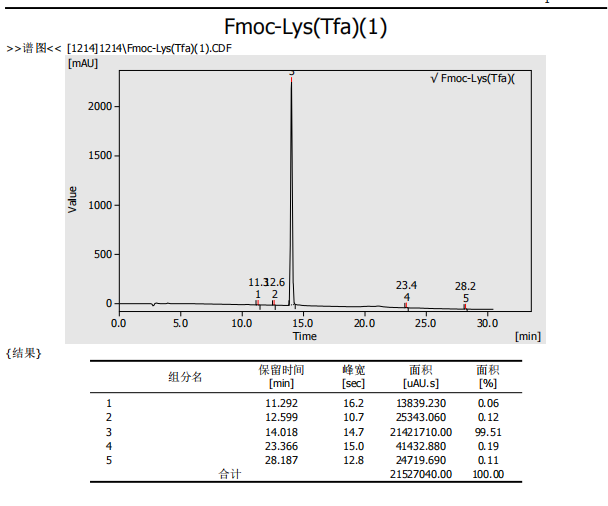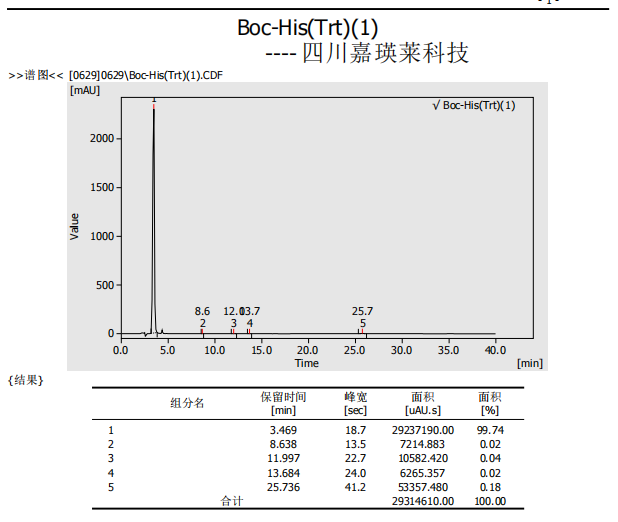High Performance Liquid Chromatography/ HPLC
High Performance Liquid Chromatography/HPLC is also known as "high-pressure liquid chromatography", "high-speed liquid chromatography", "high-resolution liquid chromatography", "modern column chromatography", etc. High performance liquid chromatography is an important branch of chromatography. It uses liquid as the mobile phase and uses a high-pressure infusion system to pump single solvents with different polarities or mixed solvents, buffers and other mobile phases with different proportions into a stationary phase. After the components in the chromatographic column are separated, they enter the detector for detection and analysis of the sample. This method has become an important separation and analysis technology in the fields of chemistry, medicine, industry, agronomy, commodity inspection and legal inspection.


Characteristics of high performance liquid chromatography:
① High pressure: The mobile phase is a liquid. When it flows through the chromatographic column, it encounters greater resistance. In order to quickly pass through the chromatographic column, the carrier liquid must be pressurized.
②High efficiency: high separation efficiency. The stationary phase and mobile phase can be selected to achieve the best separation effect, which is many times higher than the separation efficiency of industrial distillation towers and gas chromatography.
③High sensitivity: UV detector can reach 0.01ng.
④Wide range of applications: More than 70% of organic compounds can be analyzed by high performance liquid chromatography.
⑤ Fast analysis speed and fast carrier liquid flow rate: much faster than classic liquid chromatography
In addition, high-performance liquid chromatography and chromatography columns can be used repeatedly, samples are not damaged, and are easy to recover. However, they also have disadvantages. Compared with gas chromatography, they each have their own advantages and complement each other.
Post time: Nov-23-2023






.png)


